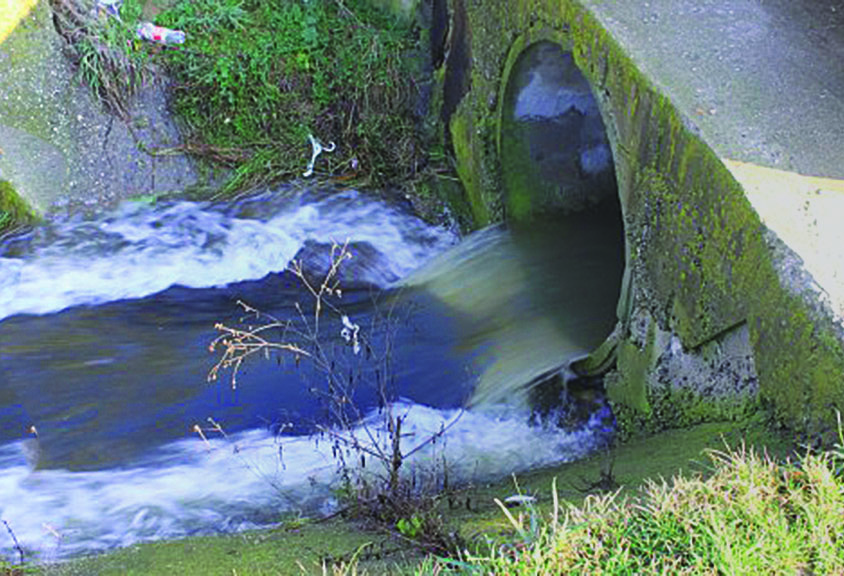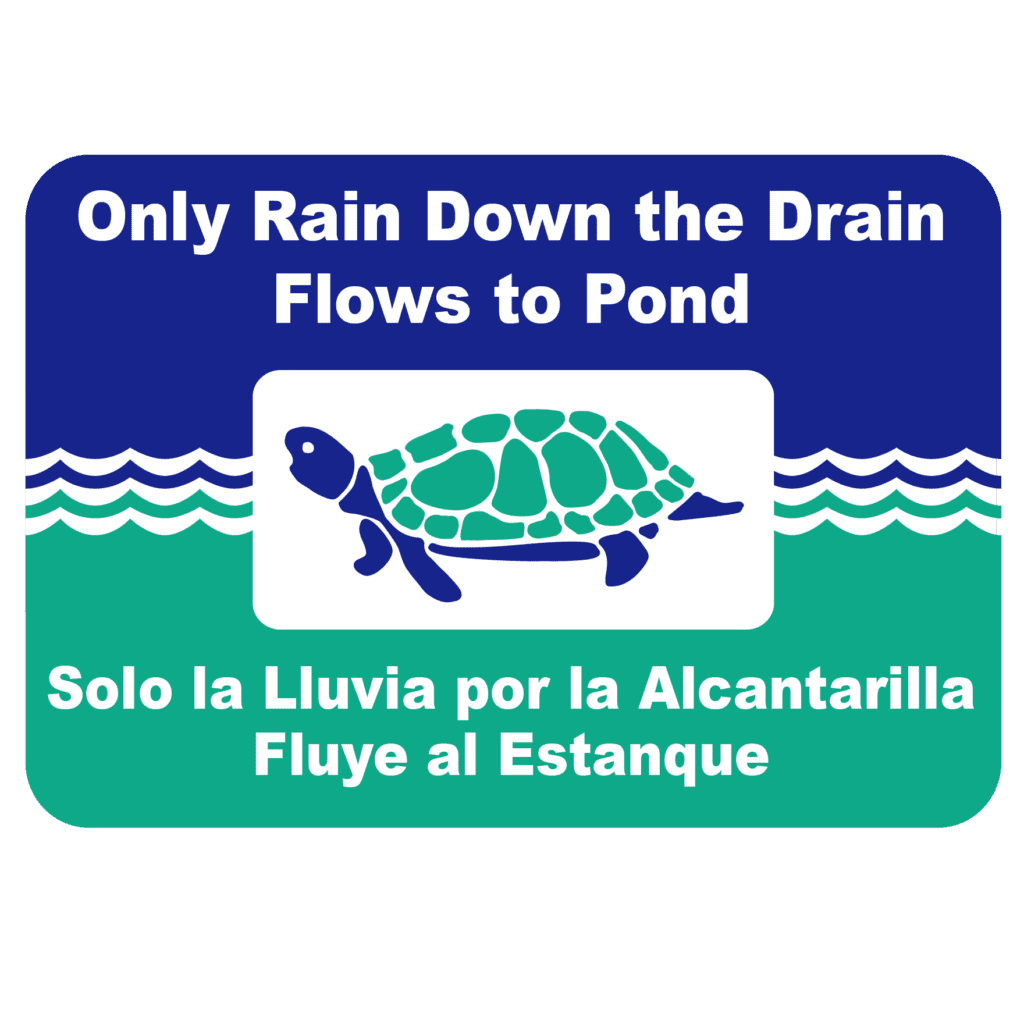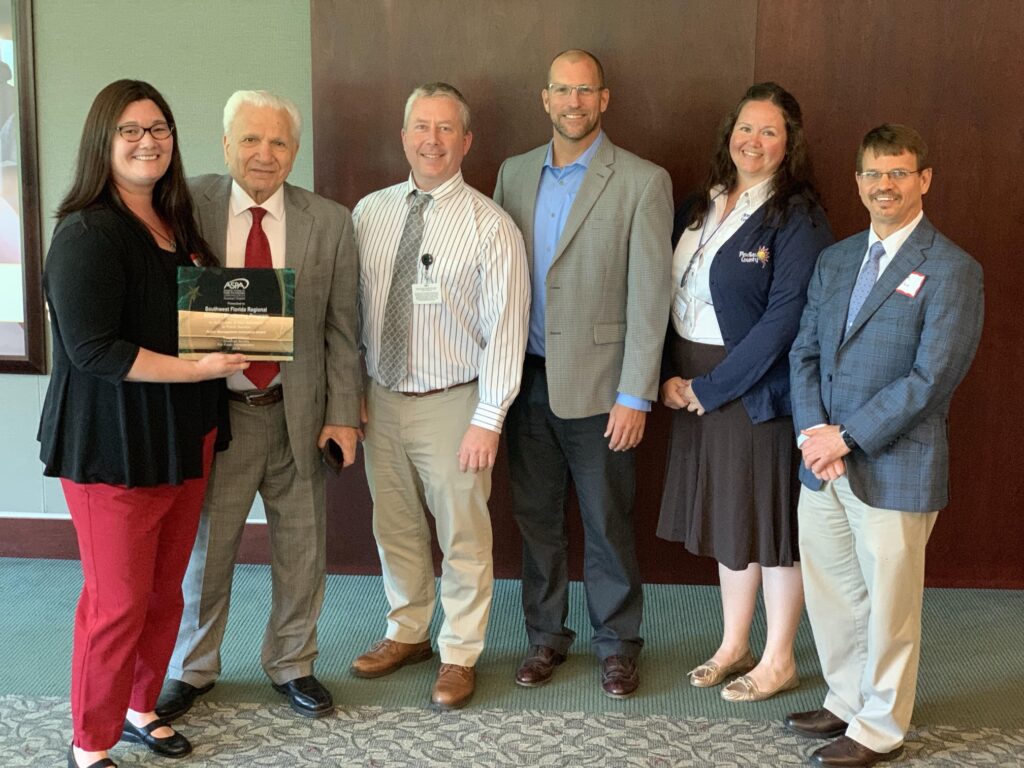Regulatory Programs
National Pollutant Discharge Elimination System (NPDES)
Under the Federal Clean Water Act, counties and cities are required to reduce the amount of stormwater pollution entering our waters. Each government agency is issued a stormwater permit, also known as a National Pollutant Discharge Elimination System (NPDES) permit. Pinellas County and 23 of its cities operate under a single NPDES permit.
Permit requirements include:
- Identifying major outfalls and pollutant loadings, including mapping for source tracking.
- Reducing pollutants in stormwater runoff through public outreach, enforcement action and regular maintenance of the storm drainage system.
- Implementing a water quality monitoring program.


Total Maximum Daily Load (TMDL)
Any waterbody that is deemed impaired (or unhealthy) based on specific criteria must be improved based on a Total Maximum Daily Load (TMDL) issued by the state or federal government.
A TMDL is a calculation of the maximum amount of a pollutant that a waterbody can receive and still meet State Water Quality Standards to remain “healthy.” The Florida Department of Environmental Protection and the Environmental Protection Agency (EPA) use TMDLs as regulatory tools to ensure waters are restored to a healthy state. Local governments must then implement projects on a strict schedule to reduce pollutants.
TMDLs in Pinellas County
There are currently 47 TMDLs in Pinellas County: 24 are for fecal bacteria and 23 are for dissolved oxygen and/or nutrients. The County and its municipal partners are working towards implementing plans to address these TMDLs.
Every five years, TMDL watersheds are ranked and prioritized for plans to improve water quality. Bacteria Pollution Control Plans (BPCPs) are drafted for watersheds with bacteria TMDLs, and TMDL Implementation Plans (TIPs) are written for watersheds with nutrient and/or dissolved oxygen TMDLs.
The current plans for County watersheds are:
- Alligator Creek Bacteria Pollution Control Plan
- Bishop Creek Bacteria Pollution Control Plan
- Cedar Creek Bacteria Pollution Control Plan
- Joe’s Creek Bacteria Pollution Control Plan
- Joe’s Creek Total Maximum Daily Load Implementation Plan
- Long Branch Creek Bacteria Pollution Control Plan
- Long Branch Creek Total Maximum Daily Load Implementation Plan
- McKay Bacteria Pollution Control Plan
- Pinellas Park Ditch 5 (Bonn Creek) Bacteria Pollution Control Plan
To request a copy of one or more of the above plans, email watershed@pinellas.gov.
Southwest Florida Regional Ambient Monitoring Program (SWF RAMP)
Pinellas County joins other regional public, private, academic and non-profit organizations to engage in environmental monitoring and assessment initiatives. For over 20 years, the group continues to enable quality assurance of data collected among various programs by exchanging, analyzing and comparing split samples.
SWF RAMP’s quarterly meetings allow for the exchange of information, consensus building and partnerships. The group strengthens statewide monitoring efforts by advocating for research, studies, projects and innovations in emerging field and laboratory methods and technologies.
The SWF RAMP has been recognized by the State of Florida and the Suncoast Chapter of the American Society of Public Administration.
